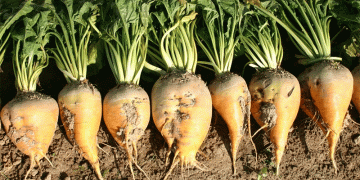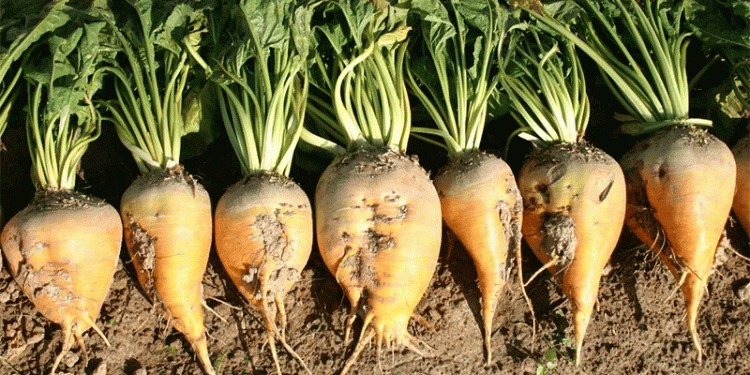Traditionally, most sugar in the EU+UK is sold through annual contracts negotiated between May and September. While this practice is evolving, it remains a critical period for setting prices and volumes for the 2025/26 season (Oct/Sep).
One month ago, early beet sowing due to dry conditions raised hopes for above-average yields. However, persistent dryness has now hampered crop development. In the UK, emergence and growth rates vary significantly, while France reports non-emergence in some regions, and Poland struggles with drought and pests. These challenges have increased production risks compared to earlier optimistic forecasts.
Despite these concerns, strong EU+UK sugar exports up to March 2024, coupled with low imports, have improved stock levels. Processors are pushing for higher prices, with 2025/26 sugar offered at around €600/tonne ex-works in Northwest EU. However, buyers remain cautious, noting that import costs are currently lower due to the stronger euro.
Key factors influencing negotiations include:
- Weather developments in major beet-growing regions.
- Planting reductions (expected to be 6-9% lower than 2024).
- Global price competitiveness, especially with cheaper imports available.
Global Sugar Market: Trade Tensions and Brazil’s Uncertain Harvest
Last month, US tariff impositions caused market turbulence, but tensions have since eased. The dollar has partially recovered, though it remains weaker than pre-tariff levels. No.11 raw sugar futures continue to trade within 17.0-18.5 cents/lb (October basis), with limited short-term breakout potential.
China has capitalized on lower prices, securing large import volumes, but upward price movement is constrained by:
- Thailand’s unpriced surplus (the world’s second-largest exporter).
- Improved global supply expectations for late 2025.
- Futures-linked beet prices remaining around £24/tonne for October 2025.
The biggest wildcard is Brazil’s 2025 harvest, which has started unevenly. By late April, sugar production was 1 million tonnes below 2024 levels, attributed to:
- Reduced cane crushing and lower sugar mix.
- Rain delays in April.
- Poor cane quality, with immature harvesting due to erratic weather.
Navigating Uncertainty in 2025/26
The EU-UK sugar market faces rising production risks due to weather disruptions, while global trade flows and Brazil’s harvest add volatility. Farmers and buyers must stay agile, monitoring weather patterns, planting data, and currency shifts to secure optimal pricing. With plantings down and yields uncertain, processors may hold firm on higher prices, but import competition could limit gains.
For now, the market remains in flux—weather and Brazil’s harvest progress will dictate the next major moves.































